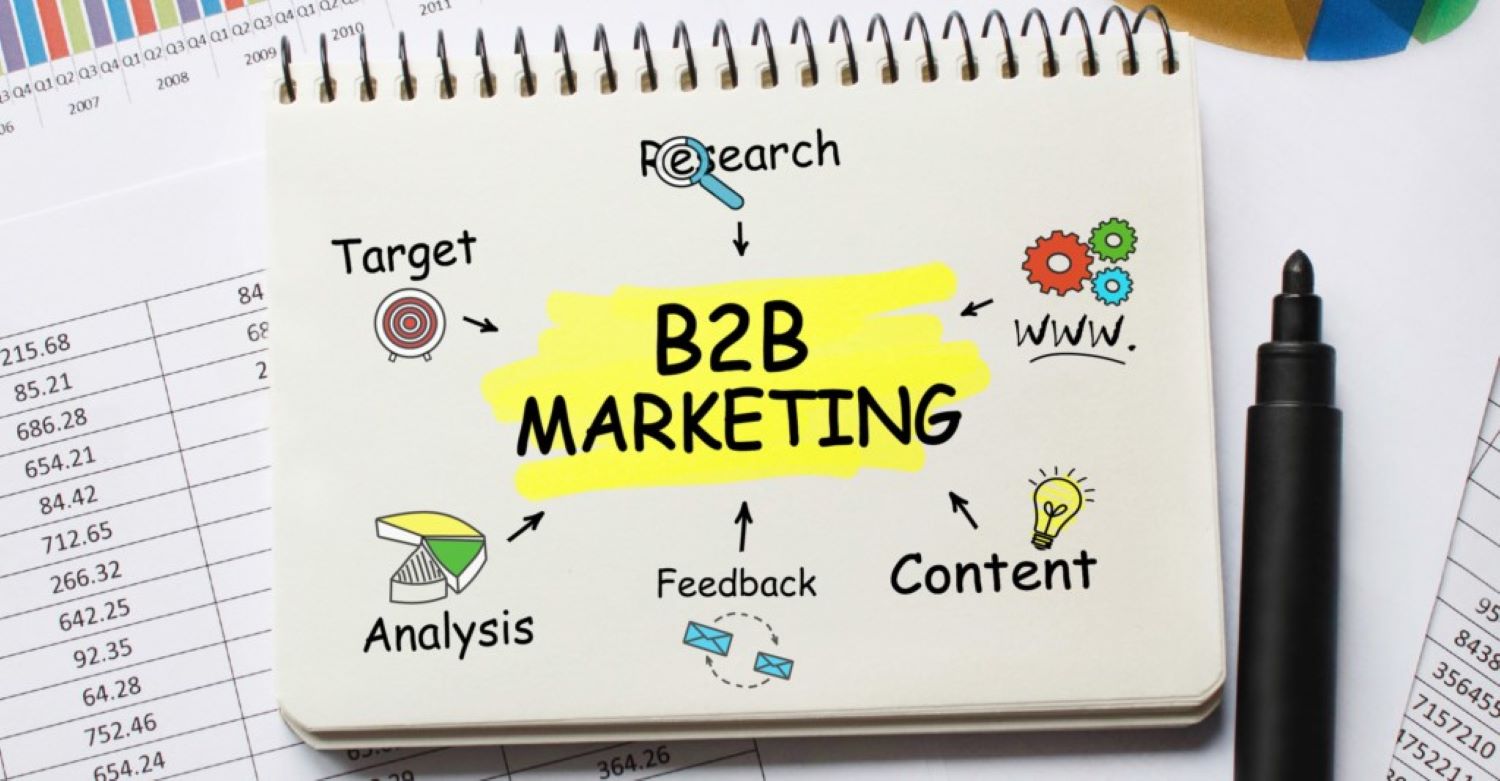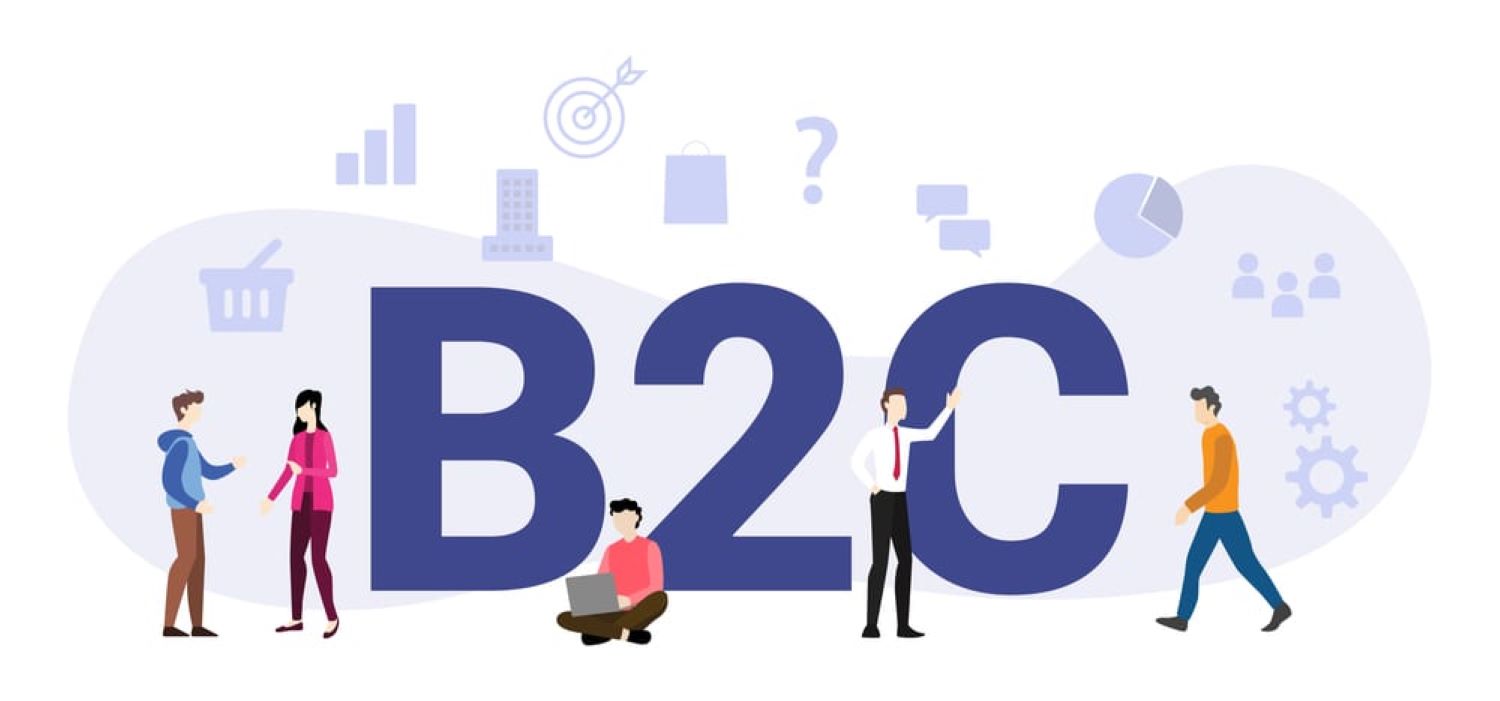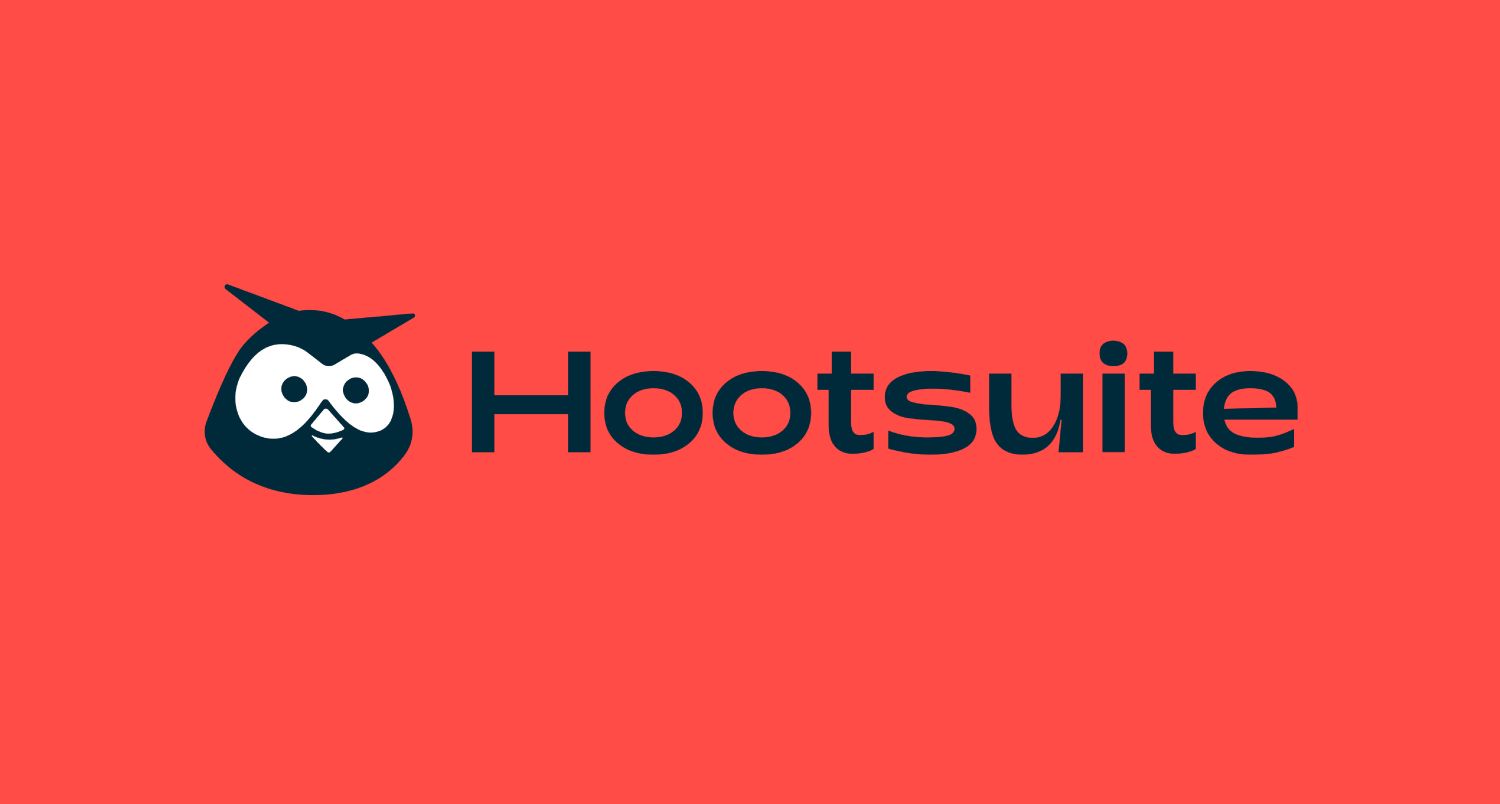Want to know the secrets to attracting more customers? We’ve explored different techniques companies use to reach consumers. From free samples to social media, learn tactics that work to get people talking about your brand! Let us read on to learn about what is consumer marketing.
Consumer marketing involves promoting products and services to potential customers. The goal is to understand consumer needs and wants to attract buyers and increase sales for a company or brand through advertising and other strategies.
From personalized ads to social media posts, marketers use everything they learn to craft campaigns just for us. In this article about what is consumer marketing, we’ll explore some of the most excellent strategies brands use and give examples of how they work in real life. Get ready to be impressed by how well these companies know their customers!
See Also: What is Marketing Concept? Types of Marketing Concepts
What is Consumer Marketing?
Consumer marketing is about understanding people and helping companies sell their products to customers. The goal is to learn what kinds of things customers want or need and then make ads, social media posts, websites, and other materials that will catch their eye. So this is what is the consumer market means.
Companies research customers to discover their interests, concerns, and buying behaviors. Then, they create marketing plans aimed right at those target audiences. The plans include personalized ads on Facebook or Instagram, blog articles with tips customers will find helpful, and emails offering deals on items customers usually buy. This marketing is designed to attract customers, keep their attention, and ultimately convince them to purchase a product. It’s a way for businesses to connect with people and learn how to best reach them with the right messages. If done right, consumer marketing can help companies sell more while also building customer loyalty for the long term.
This marketing is designed to attract customers, keep their attention, and ultimately convince them to purchase a product. It’s a way for businesses to connect with people and learn how to best reach them with the right messages. If done right, consumer marketing can help companies sell more while also building customer loyalty for the long term.
Difference Between Consumer Marketing & B2B Marketing
Consumer and B2B marketing are two distinct approaches companies use to promote their products or services. Consumer marketing, also called B2C marketing, focuses on reaching individual customers like you and me. The goal is to get us interested in buying things for ourselves. Marketers do this by making ads that appeal to our emotions and interests.
B2B marketing campaigns are different – they aim at businesses instead of people like us. The target is companies and organizations, not customers buying for personal use. Rather than emotional ads, B2B marketing provides businesses with information on how their products can help companies save money, work better, or make more money.
It’s more about laying out practical benefits for other businesses rather than grabbing our attention with fun visuals and stories like consumer ads tend to do. In both cases, the goal is getting people to buy. However, consumer marketing caters to individuals, while B2B marketing supplies businesses with product details. They take different approaches since consumers and companies don’t always buy things for the same reasons.
In both cases, the goal is getting people to buy. However, consumer marketing caters to individuals, while B2B marketing supplies businesses with product details. They take different approaches since consumers and companies don’t always buy things for the same reasons.
Difference Between Consumer Marketing & B2C Marketing
Both consumer marketing and B2C marketing focus on reaching out to individual customers directly. However, there is a slight difference between the two.
Consumer marketing strategies involve understanding individuals’ customer behavior, needs, and purchasing decisions. It helps businesses design products and services accordingly. On the other hand, B2C (Business to Customer) marketing is more focused on promoting products and services to customers via different channels like digital ads, social media, emails, etc. So that is what is B2C Marketing. The main goal of consumer marketing is to attract new customers by fulfilling their needs, while B2C marketing aims to drive sales by creating awareness. Consumer marketers delve deeper into customer insights to improve customer experience, while B2C marketers showcase unique features to persuade buying decisions.
The main goal of consumer marketing is to attract new customers by fulfilling their needs, while B2C marketing aims to drive sales by creating awareness. Consumer marketers delve deeper into customer insights to improve customer experience, while B2C marketers showcase unique features to persuade buying decisions.
So, consumer marketing is more about understanding customers, while B2C marketing directly promotes them. Both are important for businesses to succeed in their target markets. With this, you may understand what a target customer is.
How is Consumer Marketing Important?
Consumer marketing is critical for businesses to succeed. Companies can create products and services that meet people’s needs when they understand their customers well. An effective consumer marketing strategy starts with learning about your target customers, what matters most to them, and how you can provide value. So this tells us about what a target consumer is.
Once a company knows its market inside and out, it can craft the perfect marketing messages to attract new customers. Businesses can use data and creativity to develop promotions, content, ads, and experiences that appeal to people. All this helps form strong connections between brands and consumers. Customers who feel understood and supported will likely recommend products to others or remain loyal for many years.
Clever marketing also gives companies vital insights to improve continuously. They can test new ideas, get feedback, and adjust quickly to stay ahead of trends. Keeping customers happy is critical in competitive industries, so a solid consumer strategy is vital for businesses to thrive long-term. Understanding people’s needs drives sales that support jobs and economic growth overall. With this, you now know what consumer marketing is and its importance.
What is more critical in Consumer Marketing – Data or Emotion
Both data and emotion are essential in consumer marketing, but if we had to choose one, emotion is slightly more critical. Here’s why:
While data provides valuable insights into customer behaviors, purchasing patterns, and preferences, it only tells part of the story. Consumers make buying decisions based not only on logic but also emotion. Our desires, feelings, and sentiments significantly influence our purchase decisions.
This is why creative marketing strategies that tap into people’s emotions are often more effective than ones solely focused on data. When people feel connected to a brand emotionally, they are more likely to choose its products over competitors.
Using both data and creativity ensures marketing messages will resonate. Data helps create personalized, targeted campaigns, while creativity helps form meaningful connections. Together, they shape compelling customer experiences.
But if we had to pick one, emotion gives brands the edge because it addresses what ultimately drives many purchasing decisions – how something makes people feel. When people love and feel understood by a brand, the brand wins their loyalty. That’s why focusing on emotion is the most critical factor in successful consumer marketing.
See Also: 6 Amazing Benefits of Advertising For Your Business
What are the Strategies for Consumer Marketing?
Consumer marketing is all about understanding people and creating experiences that resonate with them. Some strategies that can help are researching your customers, listening to what matters most to them, and using what you learn to craft messages just for them.
Pay attention to what customers say on social media – that’s where many conversations happen. Run surveys, too, to get firsthand input on how you can improve. Then, focus your marketing on knowing your audience and meeting their needs.
Develop engaging content that feels personal by sharing real stories—partner with influencers who can help you reach more people authentically. And test new approaches – what works best will vary between groups, so be willing to try different tactics.
Above all, make connecting with people your top goal. View customers not just as sales but as individuals deserving respect. With the right strategies, consumer marketing can help you build lasting, meaningful relationships.
Examples
Some effective consumer marketing strategies include mobile-optimized ads and personalized content. Mobile ads that are interactive and fun while promoting the brand create a better user experience. Personalizing content based on a customer’s preferences, purchase history, and interests helps build stronger relationships. Companies also leverage influencers with large followings in their target markets to reach wider audiences. Collecting survey feedback provides valuable insights for tailoring campaigns to consumer needs and wants. Evaluating these needs upfront helps address what motivates people to buy. Developing customer-centric content and leveraging personalized data from online engagement are also impactful approaches for consumer marketing.
Companies also leverage influencers with large followings in their target markets to reach wider audiences. Collecting survey feedback provides valuable insights for tailoring campaigns to consumer needs and wants. Evaluating these needs upfront helps address what motivates people to buy. Developing customer-centric content and leveraging personalized data from online engagement are also impactful approaches for consumer marketing.
What are the Tools for Effective Consumer Marketing?
Here are some of the critical tools that marketers can use for effective consumer marketing:
SEMrush
SEMrush is a helpful tool that gives marketers insights into their online presence and competitors. It has powerful keyword research and analytics capabilities. Marketers can use SEMrush to find the best keywords for their campaigns, track website performance, and optimize content for search engines.  The detailed reports help identify opportunities to improve search rankings and drive more traffic.
The detailed reports help identify opportunities to improve search rankings and drive more traffic.
Hootsuite
Hootsuite is one of the top platforms for managing multiple social media accounts in one place. With it, businesses can schedule posts to various networks, monitor conversations, and measure content engagement. Marketers gain valuable insights through Hootsuite’s analytics features to understand what resonates most with their audience on different social platforms.
Marketers gain valuable insights through Hootsuite’s analytics features to understand what resonates most with their audience on different social platforms.
Google Analytics
As one of the most widely used analytics tools, Google Analytics provides a wealth of data about website visitors. It offers to report on user behavior, traffic sources, and conversion rates. Marketers can use these insights to enhance the user experience and identify areas for optimization. The tool helps ensure the website is working effectively towards business goals.
The tool helps ensure the website is working effectively towards business goals.
Marketo
Marketo streamlines marketing workflows through its lead management and automation capabilities. Marketers can use it to understand customer journeys, target the right people with personalized messages, and measure campaign results. Its segmentation tools help deliver tailored experiences to different audience groups.
Its segmentation tools help deliver tailored experiences to different audience groups.
HubSpot
HubSpot offers an integrated platform for inbound marketing. It provides tools to create compelling content, automate marketing processes, and track leads. Marketers can use HubSpot to develop personalized customer journeys, optimize website experiences, and grow their business through inbound strategies.  Its dashboards deliver actionable analytics.
Its dashboards deliver actionable analytics.
What is the Future?
The future of consumer marketing is inspiring! As technology advances, businesses can learn more about their customers and create truly personalized experiences.
Brands will use artificial intelligence to understand what people want before they know it themselves. They’ll send helpful messages quickly through apps, websites, and other fun ways. Marketers will get to know individuals as friends to offer products that fit their interests.
Data and creativity will work together to build strong relationships between companies and customers. Stories and fun designs will engage people in a relaxed way. At the same time, number-crunching will find patterns to reach large groups with messages just for them. It’s incredible how consumer marketing will bring businesses and people closer together. By listening to what folks want, companies will thrive by improving lives daily. Exciting times are ahead as brands get to know their friends on a deeper level through innovative technologies. So, that is all about what business-to-customer marketing is.
It’s incredible how consumer marketing will bring businesses and people closer together. By listening to what folks want, companies will thrive by improving lives daily. Exciting times are ahead as brands get to know their friends on a deeper level through innovative technologies. So, that is all about what business-to-customer marketing is.
FAQs
What is the purpose of consumer marketing?
The main purpose of consumer marketing is to understand customers and promote products or services to individuals. The goal is to attract new customers, increase loyalty, and encourage people to purchase.
What does consumer marketing focus on?
Consumer marketing focuses on learning about people's needs, behaviors, and preferences. It aims to develop strategies that resonate with target audiences on an emotional level. Focus areas include market research, personalization, campaigns, and building relationships.
What is consumer marketing also known as?
Consumer marketing is also sometimes called customer marketing or public marketing. The key is that it directly targets everyday individuals rather than businesses.
Is consumer a type of market?
Yes, consumers are considered a type of market in marketing terms. A consumer market consists of individuals and households that purchase goods and services for personal use. Businesses develop consumer marketing strategies to learn about and reach this specific group of customers.
Conclusion
Consumer marketing has evolved significantly beyond traditional TV commercials, with brands now focusing on understanding and engaging customers across various channels. In today’s landscape, marketers leverage diverse marketing channels to reach their audience, including social media, email marketing, influencer collaborations, and more. By tapping these channels, brands can gain valuable consumer preferences and behavior insights.
Integrating new technologies gives marketers even more profound insights, enabling them to tailor their strategies to meet evolving customer needs. As we look to the future, the key lies in respecting customer privacy and prioritizing the consumer experience. By doing so, businesses can continue to connect with their target audience through innovative and personalized approaches across many marketing channels.

